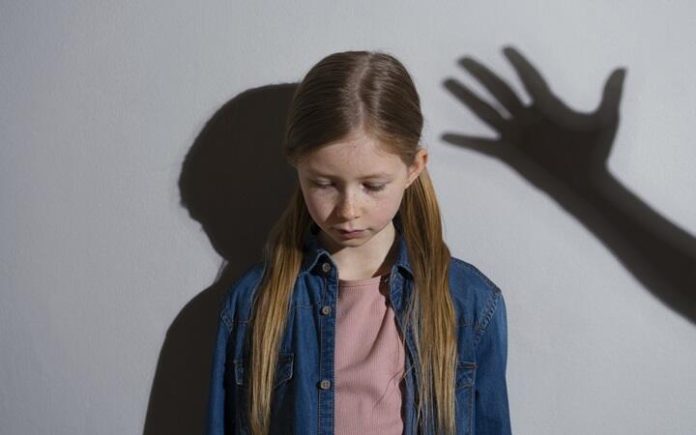Introduction
The Protection of Children from Sexual Offences (POCSO) Act, 2012, was enacted with the intent to provide a strong legal framework for the protection of children against sexual offences. While the Act is comprehensive and well-intentioned, its implementation has faced several challenges. These challenges hinder the effectiveness of the law and pose significant obstacles to achieving its objectives.
Underreporting of Cases
One of the primary challenges in the implementation of the POCSO Act is the underreporting of sexual offences against children. Several factors contribute to this issue:
- Social Stigma: In many communities, there is a strong social stigma attached to reporting sexual abuse. Families often choose to remain silent to avoid public shame and social ostracism, leading to a significant number of cases going unreported.
- Fear of Retaliation: Victims and their families may fear retaliation from the accused, particularly in cases where the perpetrator is a person in a position of power or authority.
- Lack of Awareness: There is often a lack of awareness about the rights and protections available under the POCSO Act, leading to reluctance in reporting such crimes.
Delays in the Judicial Process
The POCSO Act mandates that trials should be conducted in a time-bound manner, ideally within one year. However, in practice, there are often significant delays in the judicial process:
- Overburdened Courts: Special courts designated to handle POCSO cases are often overburdened with a high volume of cases, leading to delays in trials.
- Inadequate Infrastructure: Many courts lack the necessary infrastructure, such as child-friendly environments, video conferencing facilities, and other resources required to handle POCSO cases efficiently.
- Delays in Investigation: Investigations in POCSO cases are sometimes delayed due to inadequate resources, lack of trained personnel, and inefficiencies within the police force.
Inadequate Training and Sensitization
The POCSO Act requires all stakeholders involved in handling cases of child sexual abuse, including police officers, medical professionals, and judicial officers, to be adequately trained and sensitized:
- Lack of Training: Many police officers and judicial officers lack the specialized training required to handle cases of child sexual abuse sensitively and effectively. This can lead to improper handling of cases, further traumatizing the victim.
- Insensitive Treatment of Victims: In some instances, child victims are subjected to insensitive questioning and treatment during the investigation and trial process, which can cause further psychological harm.
Challenges in Medical Examination and Reporting
The medical examination of child victims is a critical aspect of the investigation under the POCSO Act. However, several challenges arise in this area:
- Inadequate Medical Facilities: In many regions, particularly rural areas, there is a lack of adequate medical facilities and trained professionals to conduct forensic examinations of child victims.
- Delay in Medical Examination: Delays in conducting medical examinations can lead to the loss of crucial forensic evidence, weakening the case against the accused.
- Lack of Guidelines: There is often a lack of clear guidelines and protocols for medical professionals on how to conduct examinations and document findings in POCSO cases.
Challenges in Rehabilitation and Counseling
The POCSO Act emphasizes the importance of providing psychological support and rehabilitation to child victims of sexual abuse. However, there are several challenges in this regard:
- Lack of Rehabilitation Facilities: There is a shortage of specialized rehabilitation centers and counselors trained to handle the needs of child victims. This often results in inadequate psychological support for the victims.
- Inconsistent Implementation: The implementation of victim compensation schemes and rehabilitation programs varies significantly across different states, leading to disparities in the support provided to child victims.
Misuse of the POCSO Act
While the POCSO Act is a crucial tool for protecting children, there have been instances of its misuse:
- False Allegations: There have been cases where false allegations have been made under the POCSO Act, often as a result of personal vendettas or other motives. This not only undermines the credibility of genuine cases but also puts innocent individuals at risk of unjust punishment.
- Overcriminalization: The Act has been criticized for criminalizing consensual sexual activities among adolescents, leading to the prosecution of teenagers for acts that may not involve exploitation or coercion.
Conclusion
The POCSO Act, 2012, is a significant legal milestone in the protection of children from sexual offenses in India. However, its effective implementation faces several challenges that need to be addressed to ensure that the Act serves its intended purpose. Addressing issues such as underreporting, judicial delays, inadequate training, and medical examination challenges, as well as preventing misuse of the Act, are critical steps towards strengthening the legal framework for child protection. With concerted efforts from the government, judiciary, law enforcement agencies, and civil society, the implementation of the POCSO Act can be improved, ensuring better protection and justice for children across the country.
Also Read:
Rights of undertrial prisoners in India
How To Send A Legal Notice In India


